Do your jeans feel a bit too tight? Have you been surprised by a higher number than usual on the scales? Are you feeling bloated and heavy? We’ve all been there. But, how do you know if your weight gain and swollen tummy are caused by fat, or fluid retention?
Answer these five questions to find out
- How quickly has the weight appeared?
If your weight has increased within a day or two, it’s unlikely that it’s fat. Weight gain caused by fat happens gradually when you consume more calories than you burn off. If the weight is mostly around your tummy, ankles and fingers, the chances are, it’s down to water retention.
- Does your skin snap back quickly?
If you push on your skin with your finger or thumb and your skin remains depressed, you’re probably experiencing water retention. Fat cells are more springy, so the skin will bounce back.
- Do you feel bloated after eating?
If you only feel heavy and bloated after eating a meal, it’s possible that it’s due to the quantity or type of food you’ve eaten. If this is becoming more frequent, you may wish to ask your doctor for a test to see if you are intolerant to gluten or lactose, which can cause bloating. Gaining body fat takes more than one meal and it’s a gradual rather than an instant bloat.
- Are your extremities looking swollen too?
If your face, hands and feet are looking puffed up, this points to fluid retention, caused by a build-up of excess water in the tissues and cavities of your body. If the swelling is excessive, you should always consult a doctor just in case it’s a sign of an underlying health problem.
- Has your body fat percentage increased?
There are many different ways to measure body fat percentage, with some of the more extreme ones being weighed underwater or using Dual Energy X-ray Absorptiometry (DUEL).
One of the simplest – and least expensive – ways is to ask your GP to check your weight as well as assessing your Body Mass Index (BMI) when you next have an appointment. They will probably use callipers to measure the thickness of subcutaneous fat on your body.
If you’ve identified water retention as the cause of your symptoms, you can tackle the issue and redress your water balance by using natural medicines and herbal water retention tablets.
Drink plenty of water
Around six to eight glasses per day is recommended, and more in hot weather and if you’re exercising. Contrary to what you might expect, drinking more water helps to reduce water retention.
Eat a healthy diet
Eat a diet high in fibre and plenty of vegetables. Keep processed foods and those high in salt and sugar to a minimum.
Get active
Do at least 30 minutes of physical activity per day. This will help improve your overall health, your circulation and should help restore your water balance.
Try herbal water retention tablets
HRI Water Balance is a powerful blend of three active extracts, uva-ursi leaf, buchu leaf and dandelion root and leaf, all of which are traditionally used to relieve the symptoms of fluid retention and bloating to restore your natural equilibrium.
They carry the THR (Traditional Herbal Registration) symbol, which guarantees the highest quality and safety in Europe, as approved by the UK regulator, the Medicines and Healthcare Products Regulatory Agency.


